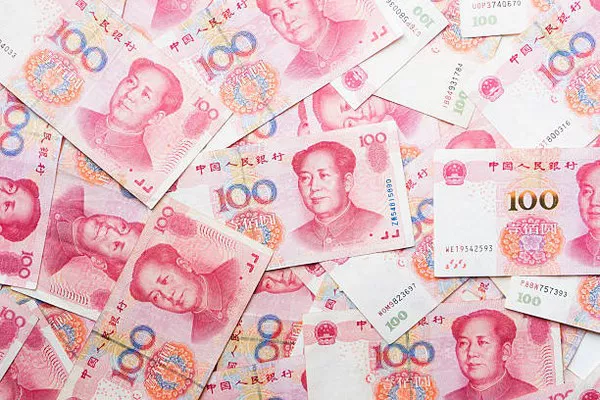In the realm of global finance and trade, the United States dollar has long reigned as the dominant currency. Its status as the world’s primary reserve currency has led to widespread use in international transactions and foreign exchange reserves. However, the question arises: Does China, the world’s second-largest economy, extensively use the U.S. dollar in its economic activities? This article delves into the multifaceted relationship between China and the dollar, exploring the various dimensions of their interaction.
Historical Perspective:
China’s journey with the U.S. dollar traces back to the economic reforms initiated in the late 20th century. As China embraced market-oriented policies and opened its doors to international trade, the use of the dollar became inevitable. Initially, the dollar played a crucial role in facilitating trade and investment as China sought to integrate into the global economy. Over time, China’s foreign exchange reserves saw a significant accumulation of U.S. dollars, reflecting the currency’s prominence in the country’s economic landscape.
Trade and the Dollar:
One of the primary avenues through which China engages with the U.S. dollar is international trade. The majority of global trade transactions, including those involving China, are denominated in dollars. This is particularly true for commodities such as oil and metals, where the dollar’s ubiquity is deeply entrenched. The dollar’s stability and wide acceptance make it an attractive choice for international trade, providing a common medium of exchange that simplifies transactions and fosters global commerce.
Moreover, China has strategically used the dollar in its trade relations to maintain competitiveness. Many of China’s trading partners prefer to use the dollar as an intermediary currency, leading to increased demand for the U.S. currency. This has allowed China to manage its exchange rates effectively and promote export-led growth.
Dollar Reserves and Foreign Exchange Management:
China’s foreign exchange reserves, largely denominated in U.S. dollars, have played a pivotal role in shaping its monetary policy and economic stability. Holding substantial dollar reserves provides China with a cushion against external shocks and fluctuations in currency values. The Chinese government actively manages its foreign exchange reserves to maintain a balance between stability and flexibility, using the dollar as a key component in this strategy.
In recent years, there have been discussions within China about diversifying its foreign exchange reserves to reduce reliance on the U.S. dollar. This diversification is driven by a desire to mitigate risks associated with fluctuations in the value of the dollar and potential geopolitical developments that could impact the currency. China has explored increasing the share of other major currencies, such as the euro, in its reserves, signaling a gradual shift away from an exclusive reliance on the U.S. dollar.
Internationalization of the Renminbi:
In contrast to the increasing diversification efforts, China has also taken steps to internationalize its own currency, the renminbi (RMB). This initiative is aimed at reducing dependence on the U.S. dollar and enhancing the global standing of the RMB. China has promoted the use of the RMB in international trade and investment, encouraging its trading partners to settle transactions in its own currency.
Furthermore, China has entered into currency swap agreements with various countries, allowing for direct settlements in RMB. The Belt and Road Initiative (BRI) has been a catalyst in this process, as China seeks to expand the use of the RMB along the economic corridors it is developing. While the RMB’s internationalization is a gradual process, it represents a strategic move by China to decrease reliance on the U.S. dollar over the long term.
See Also Is The Yuan Replace The Dollar?
Conclusion:
In conclusion, China’s engagement with the U.S. dollar is multifaceted and deeply embedded in its economic activities. From international trade to foreign exchange reserves, the dollar has played a pivotal role in shaping China’s economic landscape. However, the country is not static in its approach and has been actively exploring avenues to diversify its reserves and promote the internationalization of the RMB.
As China continues to assert its economic influence globally, the dynamics of its relationship with the U.S. dollar are likely to evolve. While the dollar will remain a significant player in China’s economic interactions, the ongoing efforts to diversify and internationalize its currency suggest a nuanced and strategic approach toward reshaping the financial landscape in the years to come.


